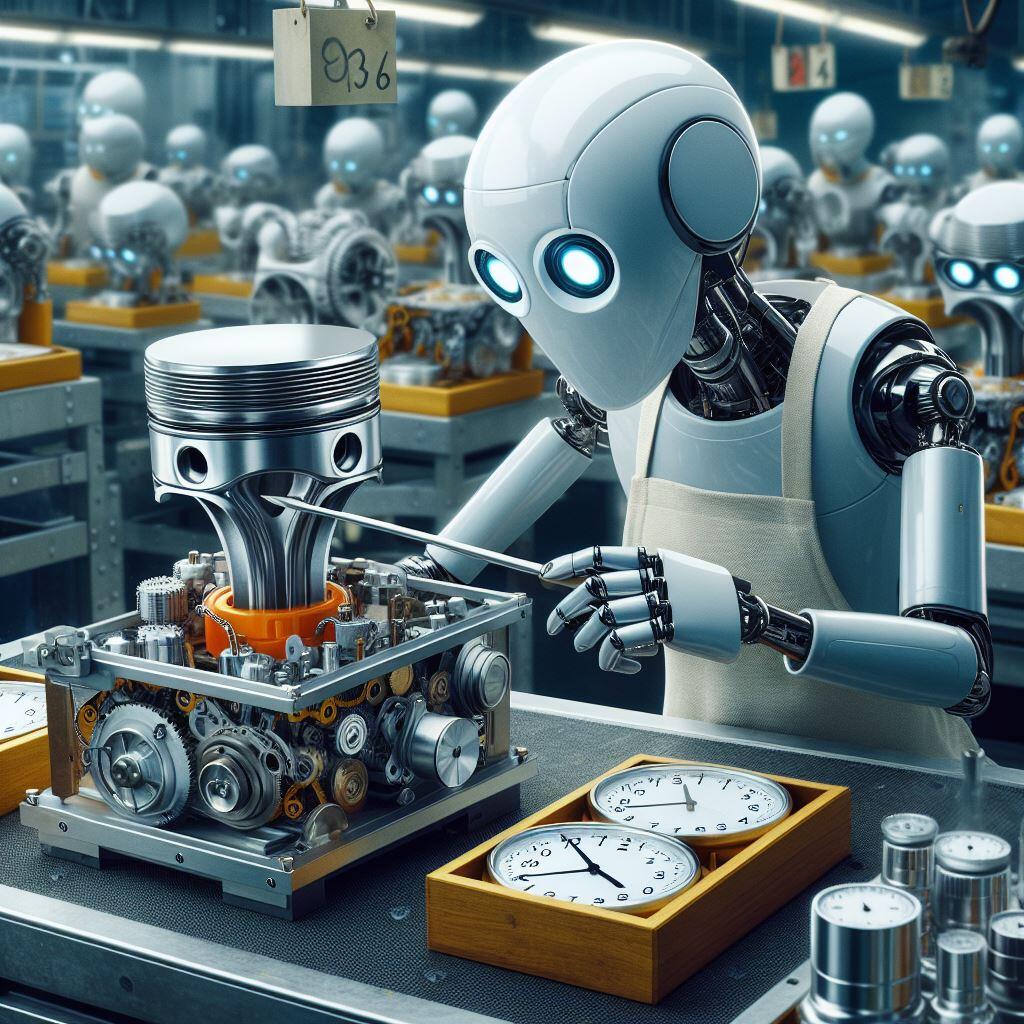
The Growing Significance of AI in Various Industries
Artificial intelligence (AI) has become increasingly significant across various industries. With its ability to process and analyze vast amounts of data, AI technology is revolutionizing businesses and transforming the way we work. From healthcare and finance to manufacturing and retail, AI is being used to drive innovation, improve efficiency, and enhance decision-making processes. As organizations recognize the potential of AI, the demand for AI-related projects continues to grow.
In today's fast-paced and data-driven world, AI has the power to unlock valuable insights and automate complex tasks. It enables businesses to gain a competitive edge by leveraging advanced algorithms and machine learning techniques. As a result, AI is reshaping industries and driving digital transformation on a global scale.
The Complexities and Challenges of AI-related Projects
While AI offers immense opportunities, it also presents unique complexities and challenges for organizations embarking on AI-related projects. Developing AI systems involves numerous intricate processes, including data collection, algorithm design, model training, and deployment. These projects require a multidisciplinary approach, involving experts in data science, software engineering, and domain knowledge.
One of the main challenges in AI-related projects is the quality and reliability of the software powering the AI systems. As AI applications become more sophisticated and complex, ensuring their accuracy, performance, and security becomes increasingly critical. The complex nature of AI algorithms and the vast amounts of data involved make it challenging to identify and resolve potential issues. This is where software quality assurance (QA) plays a crucial role.
The Importance of Software Quality Assurance in AI
Software quality assurance (QA) is essential in AI-related projects to ensure the reliability, accuracy, and performance of the software powering AI systems. QA involves a systematic and comprehensive approach to testing and validating software throughout its development lifecycle. By implementing QA processes, organizations can identify and address any potential issues, ensuring that the AI systems deliver accurate and trustworthy results.
In the context of AI, software QA focuses on verifying the correctness of algorithms, validating the training data, and testing the overall system performance. It involves conducting rigorous testing, including unit testing, integration testing, and performance testing, to ensure that the AI systems function as intended and provide accurate and reliable outcomes. Additionally, QA helps identify and mitigate potential biases or ethical concerns that may arise in AI systems, ensuring fairness and accountability.
Key Challenges QA Solves in AI-related Projects
QA plays a vital role in addressing key challenges in AI-related projects. One of the challenges is ensuring the integrity and quality of the training data used to train AI models. QA processes help identify and rectify any issues or biases in the training data, ensuring that the AI models are trained on accurate and representative datasets. Another challenge is testing the scalability and performance of AI systems, especially when dealing with large volumes of data. QA helps identify bottlenecks and optimize system performance to ensure efficient and reliable operation.
Additionally, QA helps in identifying and addressing issues related to data privacy and security. As AI systems often process sensitive data, ensuring data protection and compliance with privacy regulations is crucial. QA processes include robust security testing to identify vulnerabilities and ensure the confidentiality, integrity, and availability of data. Furthermore, QA helps in validating the accuracy and reliability of AI algorithms, ensuring that the AI systems produce consistent and trustworthy results.
Best Practices for Implementing Software Quality Assurance in AI Projects
Implementing software quality assurance (QA) in AI projects requires a systematic and rigorous approach. Some best practices include:
1. Clearly defining QA objectives and requirements: It is essential to establish clear objectives and requirements for QA in AI projects. This includes defining the desired level of accuracy, performance benchmarks, and compliance with ethical standards.
2. Incorporating QA processes throughout the development lifecycle: QA should be integrated into every stage of the AI project, from data collection and algorithm design to model training and deployment. This ensures that potential issues are identified and addressed early on.
3. Conducting thorough testing: Rigorous testing is crucial in QA for AI projects. This includes unit testing, integration testing, and performance testing to validate the correctness, functionality, and scalability of the AI systems.
4. Implementing continuous monitoring and feedback loops: Continuous monitoring and feedback loops help identify any deviations or anomalies in the AI systems' performance. This allows for timely adjustments and improvements to ensure optimal functionality.
5. Collaborating across disciplines: QA in AI projects requires collaboration between data scientists, software engineers, domain experts, and QA professionals. By leveraging their expertise and perspectives, organizations can ensure comprehensive QA processes.
By following these best practices, organizations can enhance the quality, reliability, and performance of the software powering AI systems, ultimately leading to successful AI-related projects.
Don't forget to visit our AI-page to get a view of what we are working with.


.jpg)




